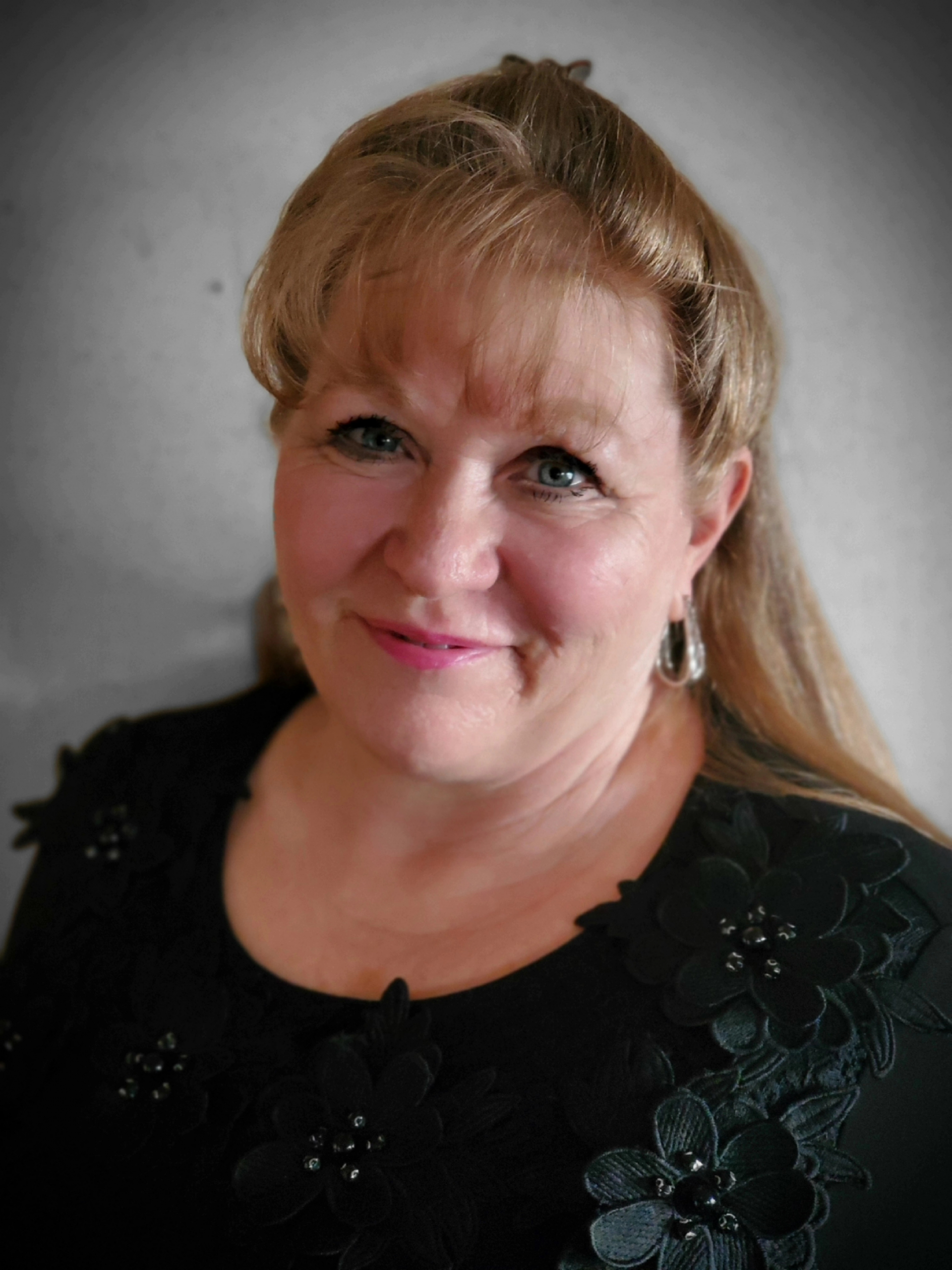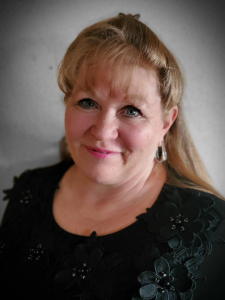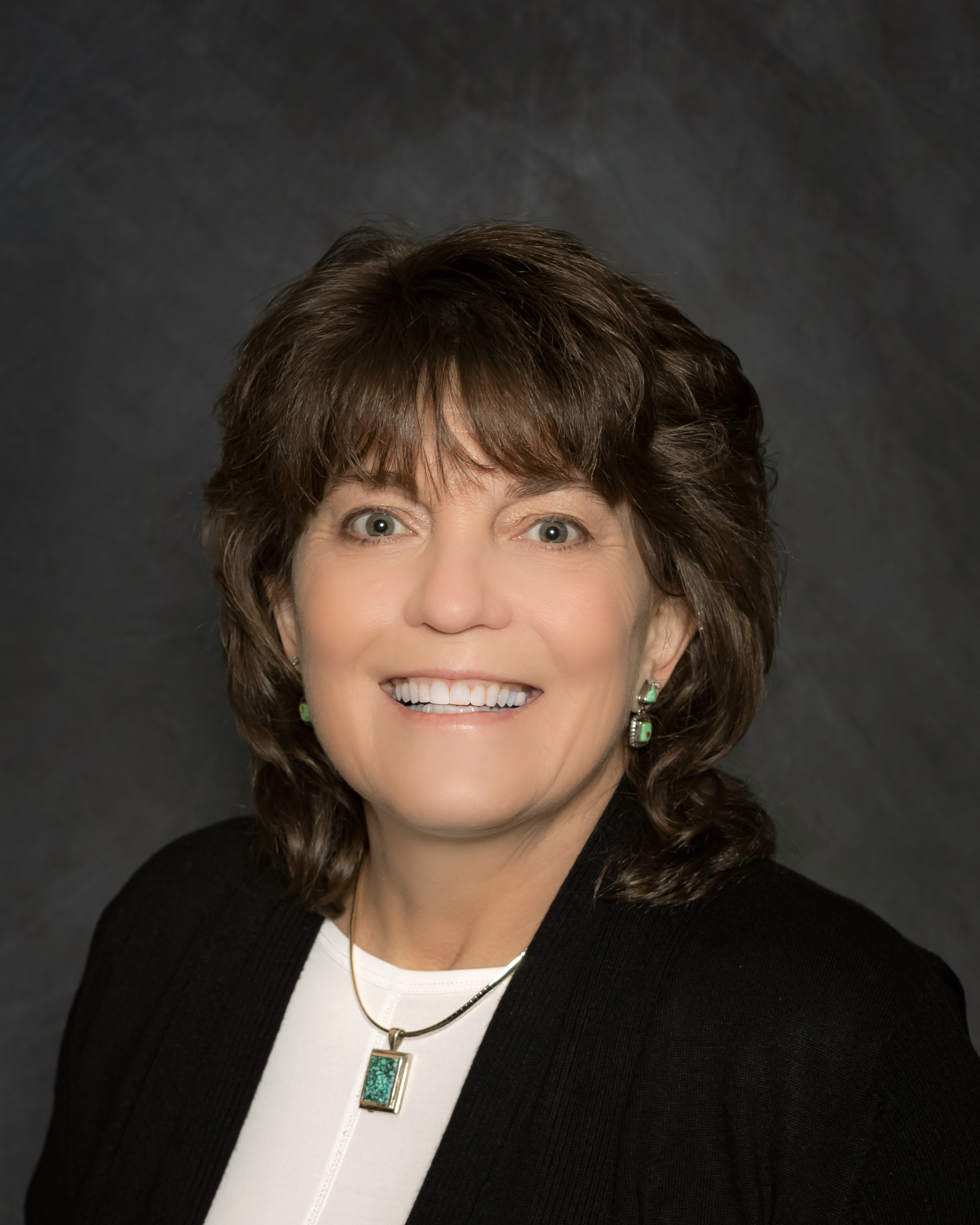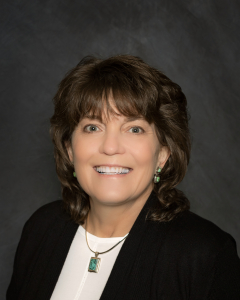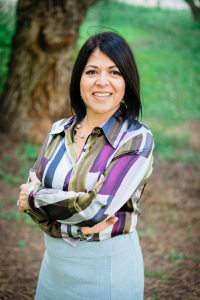 Meet Martha Payán-Hernández, director of career and technical education (CTE) at Fullerton College (FC). Her Techniques interview appears as part of a digital-exclusive spotlight series on fellows in the Postsecondary Leadership Success Program at ACTE – Sponsored by ECMC Foundation.
Meet Martha Payán-Hernández, director of career and technical education (CTE) at Fullerton College (FC). Her Techniques interview appears as part of a digital-exclusive spotlight series on fellows in the Postsecondary Leadership Success Program at ACTE – Sponsored by ECMC Foundation.
What leadership skills do you hope to develop as part of the Postsecondary CTE Fellowship?
In my career, mentors have guided, cultivated, and supported my educational and professional goals. They encouraged me to transform to a more confident extrovert and Latina. As a fellow with the PLSP–ECMC Foundation, I have developed a mentorship relationship with a colleague. This person supports and guides me through my journey as an ACTE fellow, providing empowering expertise, time and support.
There are several key leadership skills that I would like to develop:
- Becoming a change navigator and strong influencer for CTE
- Helping all students succeed and thrive
- Increasing my sphere of influence through opportunities to speak at conferences
- Developing a brand, a voice and a blog to advocate for CTE
Further, I hope to develop a deeper understanding of diversity and equity. Growth in these areas will help prepare me as I move up in my career as a CTE and workforce development administrator. I am confident the postsecondary CTE fellowship with ACTE will help me to develop stronger leadership abilities and obtain my career goals in community college leadership.
In what ways have you innovated to engage students >amp; inspire colleagues in CTE through the COVID-19 pandemic?
As our nation continues to battle this pandemic, CTE programs, likewise, continue to play a critical role in preparing a highly skilled workforce. During my 15-year career in postsecondary education, I have never felt so passionate about the work I am doing. I manage recruitment and outreach strategies, speaking to students and promoting awareness of the rewarding benefits of CTE. There is a workforce readiness gap in the United States. As such, postsecondary educators must inform and encourage students about the many career options available in CTE.
First, I increased awareness through my CTE Instagram account: @CTE_FullColl, posting daily information about CTE programs, offering promotional items to engage and inspire students, highlighting Fullerton College CTE instructors through videos, as well as implementing our first CTE Month campaign last February to increase engagement.
Additionally, I worked with my webmaster to update the Fullerton College CTE website. We added several resources for prospective students and employers. Further, prior to the fall 2021 semester, we implemented uploading CTE certificate applications online on the CTE website. This process enables students to complete the certificate application online and receive notifications in a better, improved method. I have also continued to provide CTE outreach to high schools by offering “CTE Pathway Days” through Zoom, which allows students to attend breakout sessions to hear presentations from CTE instructors.
Our education systems face many challenges in 2022. Please discuss the steps CTE can take to improve equitable access to high-quality CTE programs of study.
Postsecondary programs can improve equitable access by providing hands-on learning and labs in a hybrid format. At Fullerton College we purchased several health screening kiosks equipped with face coverings, a temperature scanner, hand sanitizer and glove dispenser for all CTE classes taught on campus. Through Perkins and Strong Workforce grants, funds (in California) can be used to purchase high-tech equipment to deliver instruction virtually.
Hire more staff to answer an increase in emails and phone calls. Doing so will further support CTE instructors and counselors who have connected more with students during this pandemic. Also provide regular, updated communications about CTE programs through the college website and social media channels.
Learn more about the Postsecondary CTE Fellowship.
Please also meet:
- Tiffanie Rosier, STEM education coordinator at Northern Virginia Community College
- Tachaka Hollins, assistant vice chancellor for academic affairs at the Tennessee Board of Regents
- Tracey D. Cooper, executive director of nursing at Temple College
- Bernie Phelps, director of Perkins, Perkins Rural Reserve and dual enrollment at Montana Technological University, Highlands College
- Vickie Thomas, director of the Center for Workforce and Community Development at Eastern New Mexico University – Roswell
- Moira Lafayette, dean of health sciences and public safety at Blackhawk Technical College
- Brad Kinsinger, director of the Global Agriculture Learning Center at Hawkeye Community College
- Eric Sewell, director of technical education at Southern Union State Community College
- C.J. Wurster, district director at Maricopa County Community College District
- Katie Vincent, director of workforce partnerships at Owensboro Community and Technical College
- Dr. Xue Xing, assistant professor of teaching and learning at University of Nevada – Las Vegas
- Aleksander Marthinussen, program manager with NOVA SySTEMic at Northern Virginia Community College
- Dan Adams, former CTE administrator and current stay-at-home dad
- Ashlee Spannagel, dean of CTE and workforce development at Southeastern Community College
- Darlene O’Rourke, Perkins grant director and officer at Queensborough Community College
- Shelsi Barber-Carter, CTE coordinator at Baton Rouge Community College

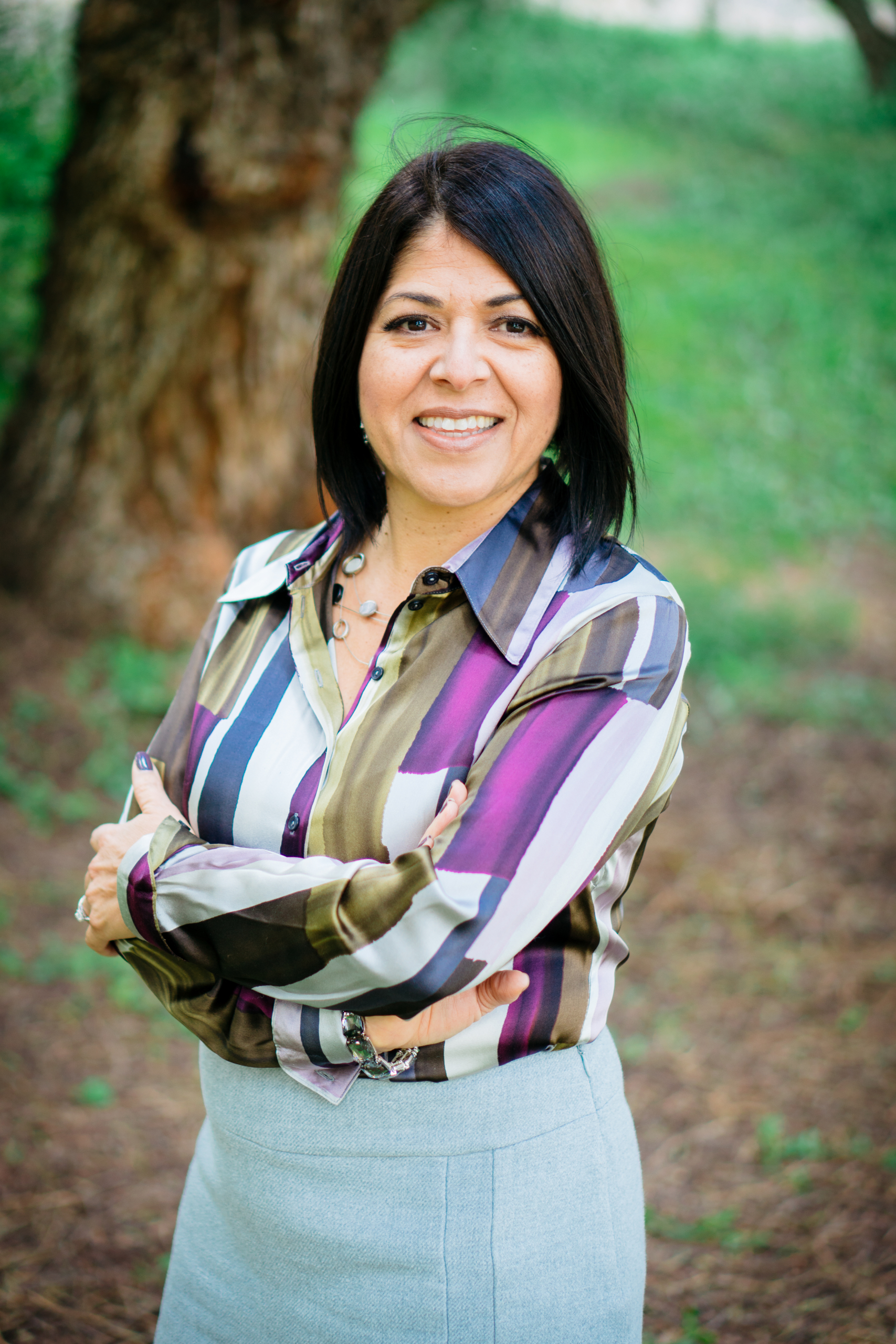
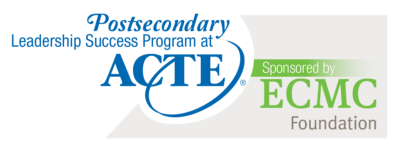
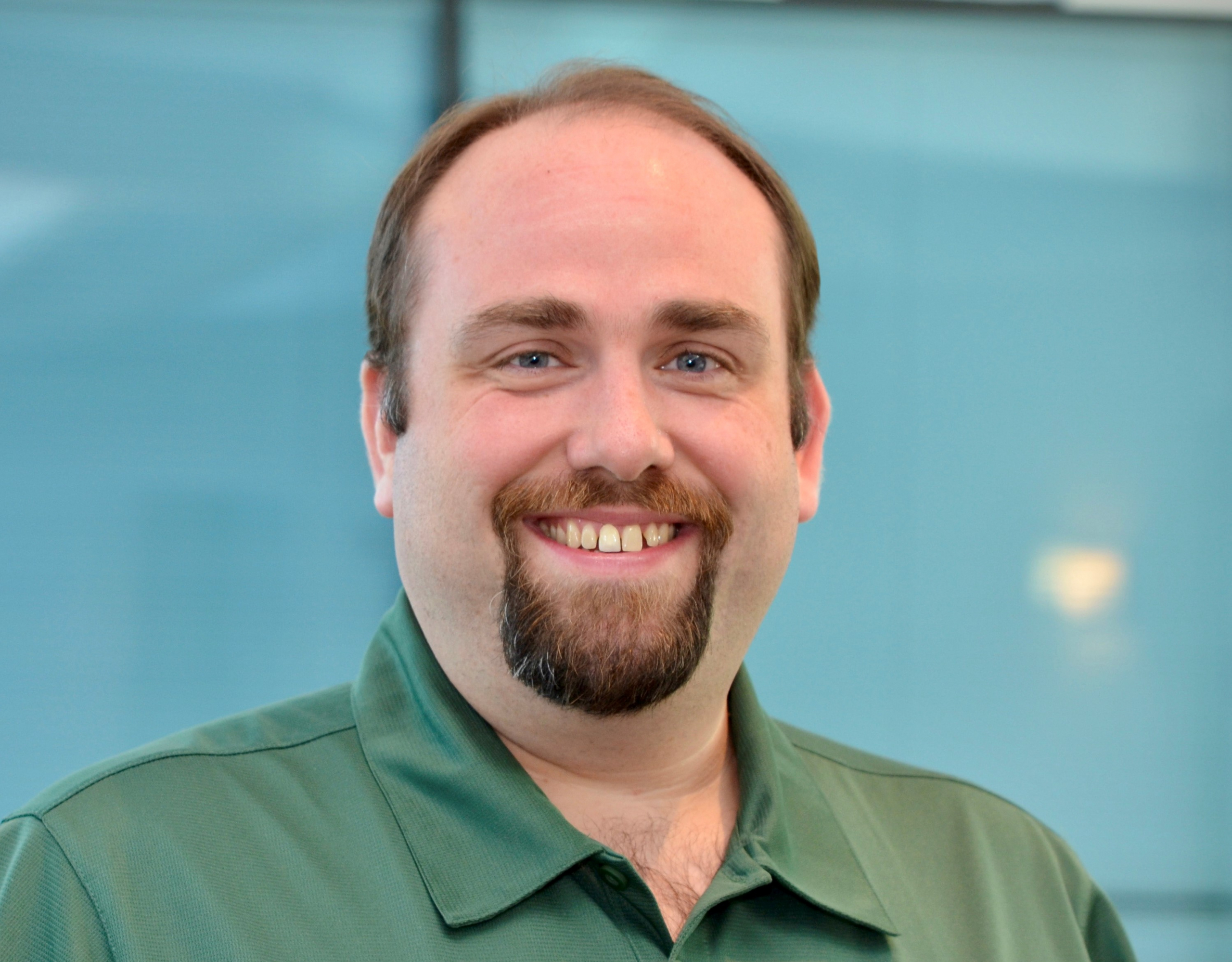
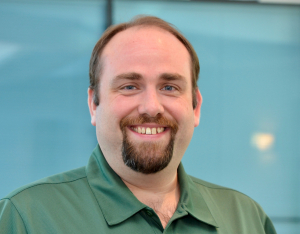
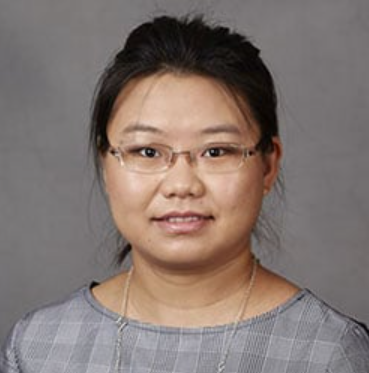
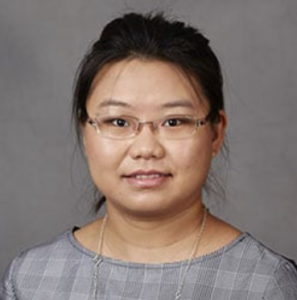 Meet Dr. Xue Xing, assistant professor of teaching and learning at the University of Nevada, Las Vegas. Dr. Xing’s Techniques interview appears as part of a digital-exclusive spotlight series on fellows in the
Meet Dr. Xue Xing, assistant professor of teaching and learning at the University of Nevada, Las Vegas. Dr. Xing’s Techniques interview appears as part of a digital-exclusive spotlight series on fellows in the 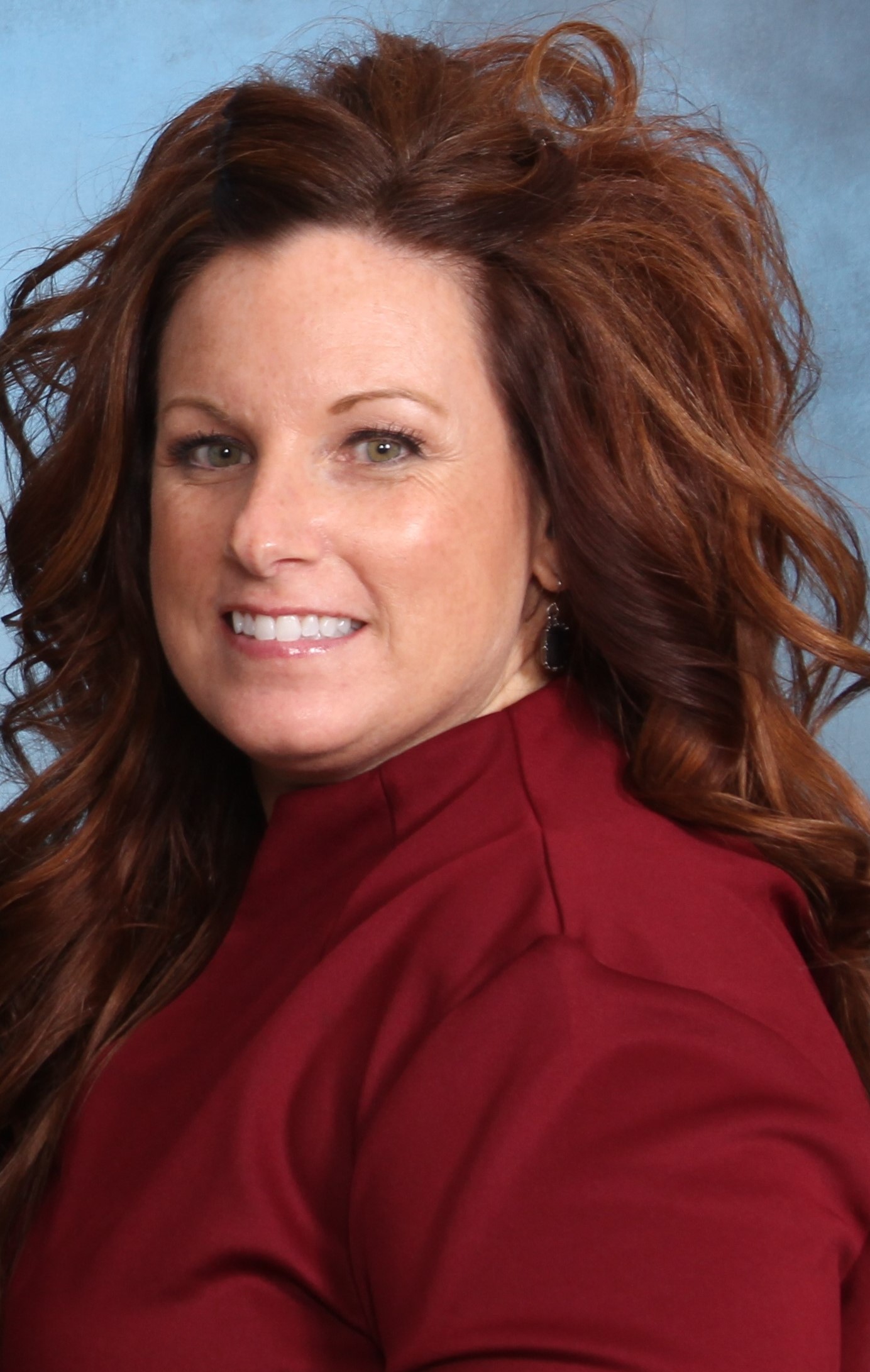
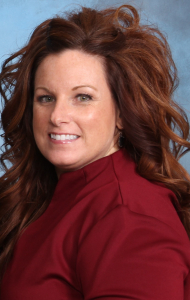 Meet Katie Vincent, director of workforce partnerships at Owensboro Community and Technical College. Vincent’s Techniques interview appears as part of a digital-exclusive spotlight series on fellows in the
Meet Katie Vincent, director of workforce partnerships at Owensboro Community and Technical College. Vincent’s Techniques interview appears as part of a digital-exclusive spotlight series on fellows in the 
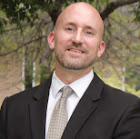 Meet C.J. Wurster, district director at Maricopa County Community College District. Wurster’s Techniques interview appears as part of a digital-exclusive spotlight series on fellows in the
Meet C.J. Wurster, district director at Maricopa County Community College District. Wurster’s Techniques interview appears as part of a digital-exclusive spotlight series on fellows in the 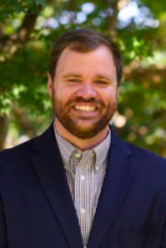 Meet Eric Sewell, director of technical education at Southern Union State Community College. Sewell’s Techniques interview appears as part of a digital-exclusive spotlight series on fellows in the
Meet Eric Sewell, director of technical education at Southern Union State Community College. Sewell’s Techniques interview appears as part of a digital-exclusive spotlight series on fellows in the 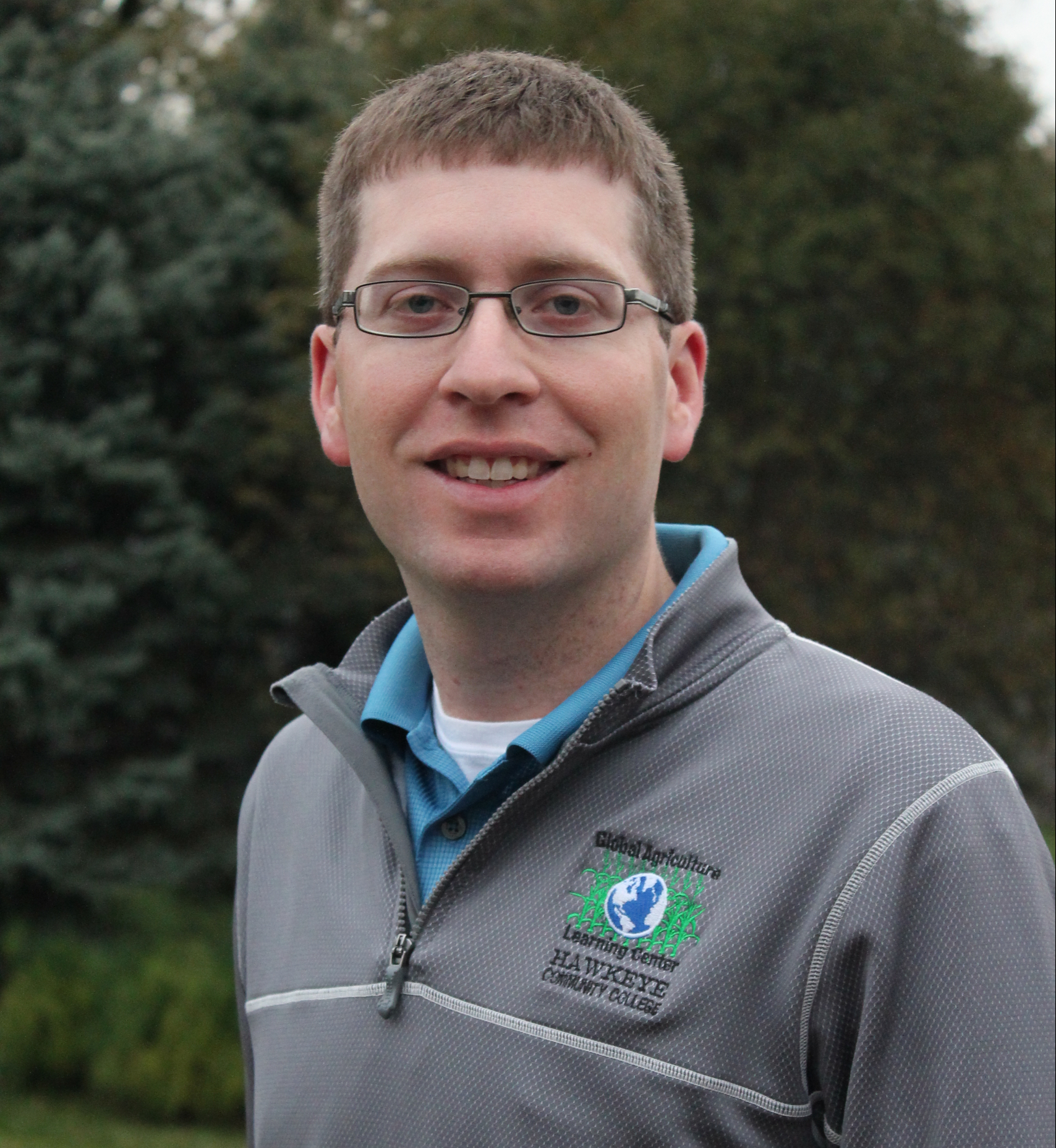
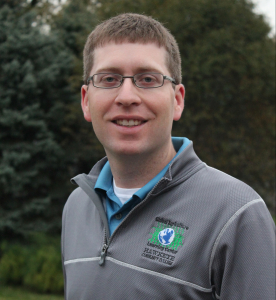
 Meet Moira Lafayette, dean of health sciences and public safety at Blackhawk Technical College (BTC). The Techniques interview with Lafayette appears as part of a digital-exclusive spotlight series on fellows in the
Meet Moira Lafayette, dean of health sciences and public safety at Blackhawk Technical College (BTC). The Techniques interview with Lafayette appears as part of a digital-exclusive spotlight series on fellows in the 